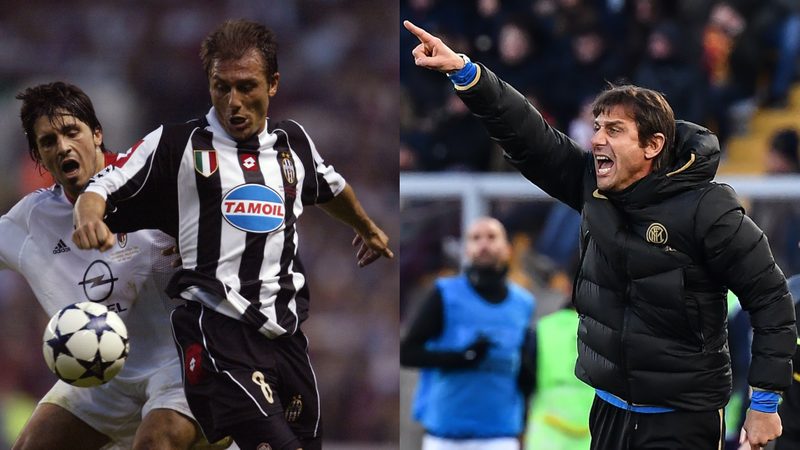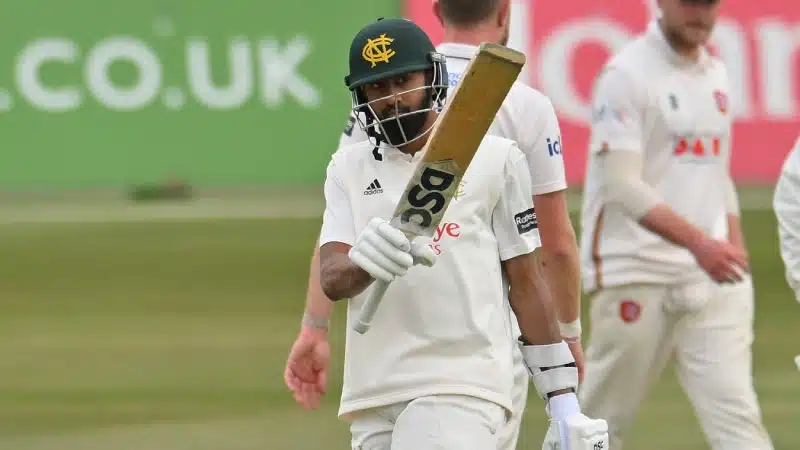
It is a dream for most of the footballers to enter the managerial side of the game after retirement. And since scoring goals is the ultimate aim, one can think that the most lethal strikers would go on to become the best managers.
The picture, however, is entirely different altogether. Just look at Diego Maradona for example. While there is absolutely no need for an introduction to his playing career, no one has any information on his managerial side since his torrid times with the Argentina national team. On the other hand, it has rather been the midfielders who have dominated the managerial game, and the fact that the likes of Didier Deschamps, Pep Guardiola, Antonio Conte, Diego Simeone, Frank Rijkaard, Miguel Munoz were all defensive midfielders in their playing years is the perfect specimen of it.
These managers have not only gone on to become one of the greats in history but have also come up with a personal identity as to how they approach the game. They have introduced new formations, tweaked the system and have always succeeded in achieving the heights.
Although they have different ways of playing the game, certain traits unite them. Today we will try to look at the behavioural and characteristic traits of the defensive midfielders turned managers.
Ability to make and break plays:
One of the most common characteristic traits of a quality defensive midfielder is the ability to break opposition's attack and turn that into a counter. Those who can do it the best go on to become world-beaters.
To do this effectively, the midfielder needs to read the game minutely. When the opposition is on the ball, the role of the midfielder is to anticipate the moves and break the attack. Both these responsibilities require an in-depth understanding of the game. And those who grow in this role often go on to become great coaches.
Pep Guardiola's use of Sergio Busquets can be one of the revolutionary cases in point. While the beautiful tiki-taka was turning heads all over the world, Busquets was the one who did the “dirty” work and his role was similar for Spain as well. Former Spain manager, Vicente Del Bosque has probably described his work in the best way possible, “You watch the game, you don’t see Busquets. You watch Busquets, you see the whole game.”
Man Management:
Another very important aspect of becoming a great coach is to understand and read the players to bring out their potential. Because the midfielders are the ones who control the tempo of the game, it is very important for them to understand the ability of the players around them. They are used to passing the balls according to the pace, strong foot and keeping other parameters of all the players. This alone makes them capable of reading the players which help them later on in their managerial careers.
One of the best exponents of this role is Mikel Arteta, who was famous for his ability to read the game. Diego Simeone was equally equipped with the sense of reading and his expertise was evident in the UEFA Champions League tie against Liverpool.
Understanding of the game:
The midfielders are blessed with an unreal understanding of the game. Since they are instrumental in both building and breaking plays, they can understand the movements and the tactics of the opposition. Staying ahead of the game allows them to prepare counter-movements of their own.
Pep Guardiola has valued Fernandinho for his exceptional reading of the game. The Brazilian has successfully played in both defensive midfield and central defence.
Ability to operate under tense circumstances:
One of the most important roles of the managers is to keep their calm and be in control. As the midfielders are always in the thick of things, they are used to sticking to the plans even in the most difficult situation. That is why when they become managers they can still think clearly and are often unphased by the flow of the game.
People may say the likes of Diego Simeone or Antonio Conte are always animated, but don't let their demeanours fool you. Their calmness is the reason they can read situations and make such effective changes.
While delving deeply in their psyche might unveil many more characteristic features, these are some of the most prominent traits that make a defensive midfielder such a good manager.




















